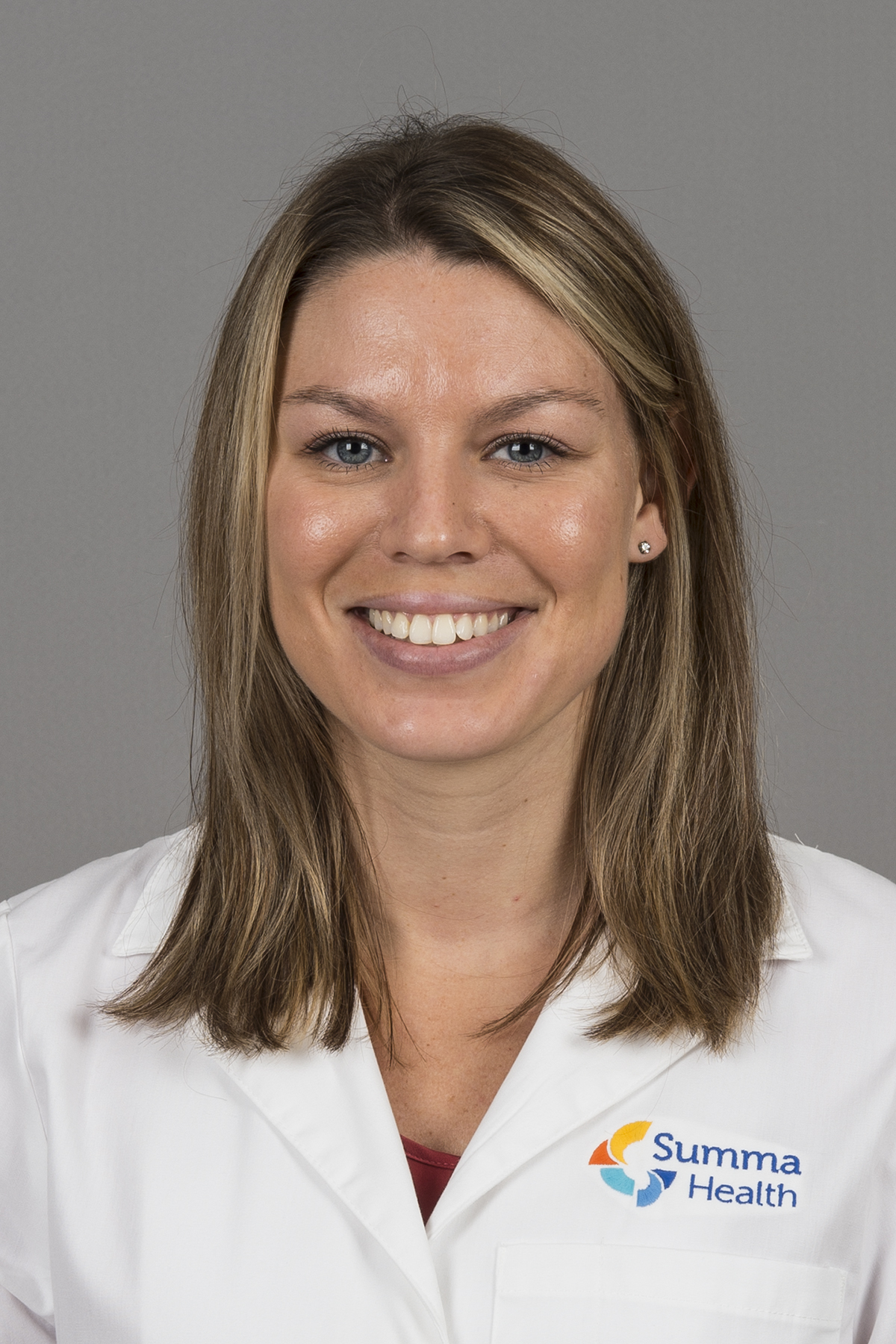What is RSV and How Can I Protect My Family This Season?
Posted December 18, 2023 by Gretchen Dixon, PA-C

Medical experts are warning some children and older adults are more vulnerable to RSV infection this season, while cases continue to surge in our community and many parts of the country.
Due to the COVID-19 pandemic restrictions and isolation protocols, RSV cases were lower than normal. This hindered the population’s ability to build up natural immunity.
RSV, or respiratory syncytial virus, is a common virus that causes mild cold-like symptoms in adults, but it can be dangerous for babies and older adults, and people with weakened immune systems.
In fact, RSV is responsible for nearly 80,000 hospitalizations and up to 300 deaths each year among children younger than 5 years of age, according to the U.S. Centers for Disease Control and Prevention. For older adults, especially those over age 65, it’s estimated the RSV infection causes up to 120,000 hospitalizations and up to 10,000 deaths each year.
RSV is highly contagious and spreads from person to person through droplets in the air — from coughing or sneezing — or touching contaminated surfaces, such as countertops or doorknobs.
Summa Health sheds light on RSV, common symptoms, treatment and prevention. It’s important to know the symptoms of RSV and when to seek medical attention, so you can keep you and your family safe this cold and flu season.
RSV symptoms
People infected with RSV are usually contagious a couple days before they show symptoms and for up to eight days after symptoms appear.
Common RSV symptoms can include:
- Stuffy, runny nose
- Sore throat
- Cough, which can progress to wheezing or difficulty breathing
- Sneezing
- Fever
- Headache
- Decrease in appetite
RSV can be dangerous for the vulnerable population because it can lead to complications, such as bronchiolitis (inflammation of the lung’s small airways), pneumonia or more severe symptoms for older adults with asthma, COPD (chronic obstructive pulmonary disease) or congestive heart failure.
RSV treatment
Because RSV is a viral infection, not bacterial, antibiotics are not used to treat it. Instead, it’s a matter of managing symptoms and letting the virus run its course.For most kids and adults, RSV can be safely managed at home and symptoms will last about one to two weeks. The best defense is getting plenty of rest, lots of fluids and easing discomfort from symptoms, such as:
- Using a saline nose spray or drops to help clear congestion, especially for kids who can’t blow their noses
- Putting a cool mist humidifier in children’s bedrooms to help loosen congestion
- Reduce fever and discomfort for kids with non-aspirin medicine, such as acetaminophen. Adults can try ibuprofen.
- Has trouble breathing or is breathing very rapidly
- Is very drowsy
- Has lips or fingernails that look blue
- Signs of dehydration
RSV prevention
There is no vaccine to prevent an RSV infection. The best defense is to take extra care to stay healthy, including:- Washing hands regularly or using hand sanitizer
- Avoiding touching your eyes, nose and mouth
- Covering coughs and sneezes with your elbow
- Cleaning and disinfecting common surfaces
- Avoiding close contact with sick people, and avoid sharing toys, cups or eating utensils with others
About the Author
Vitality eNews Sign Up
Receive the Summa Health eNewsletter for the latest health tips, advice and updates.

